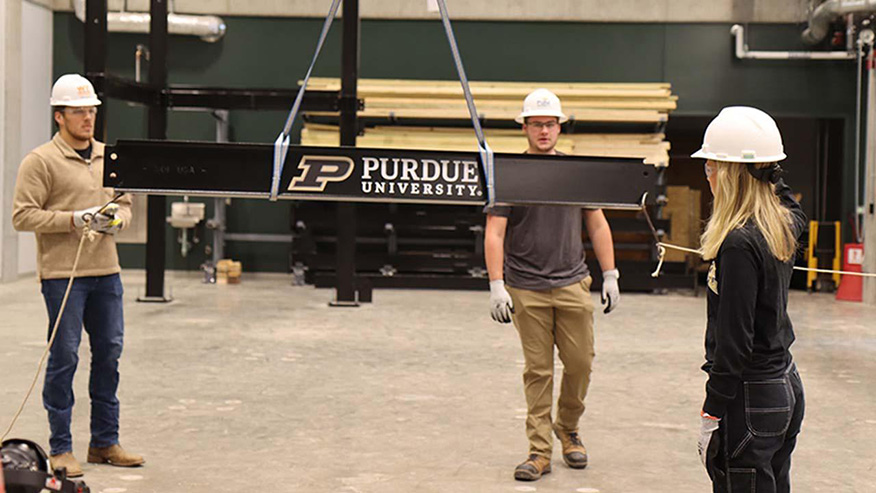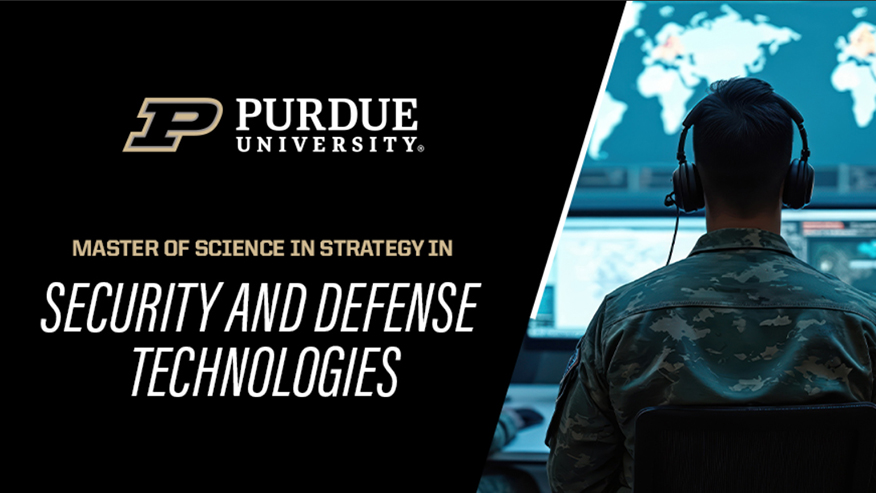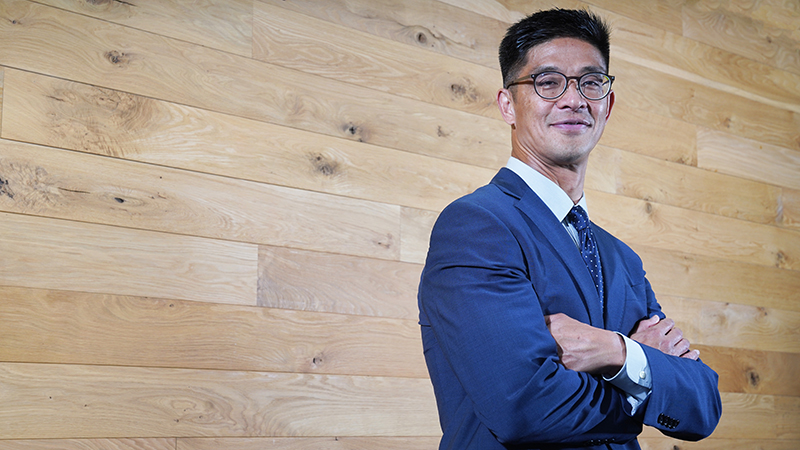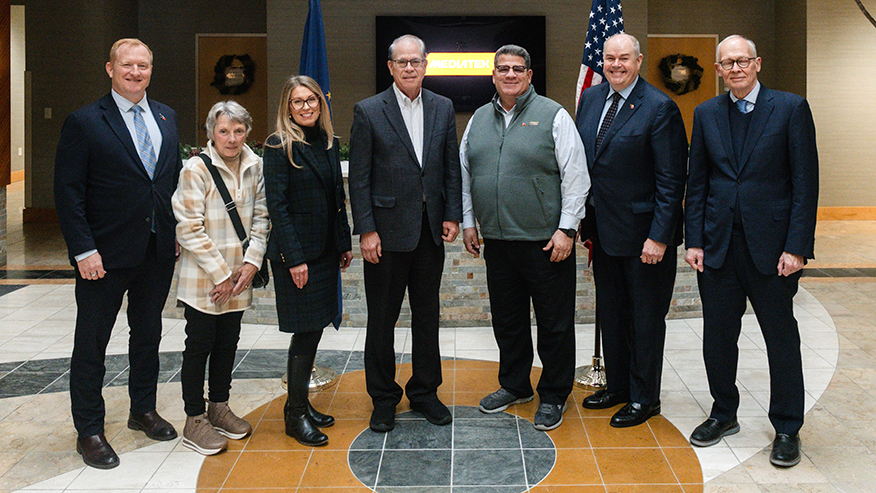Today’s top 5 from Purdue University

‘Purdue News Now’
From the incomparable Degas display to the centennial celebration for the Memorial Union, Trevor Peters has everything you need to know in this week’s “Purdue News Now.”
Plus, check out five good stories below you may have missed.
Raising robots: Teaching robots things humans learn, including navigation, movement, dance, spatial reasoning
Artificial intelligence programs come into the world as a stream of code, knowing nothing, with no experience and no abilities — they have to be programmed to understand innately human traits. “A robot needs to interact with the world,” said Aniket Bera, associate professor of computer science in Purdue University’s College of Science and an AI expert. “Human brains learn through experience and by extrapolating their experiences to new situations. Our brain learns properties are transferable. Machine learning models don’t currently do this. That’s the gap we’re addressing.”
Media contact: Brittany Steff, bsteff@purdue.edu
Autonomous vehicles could understand their passengers better with ChatGPT, research shows
Imagine simply telling your vehicle, “I’m in a hurry,” and it automatically takes you on the most efficient route to where you need to be. Purdue University engineers have found that an autonomous vehicle can do this with the help of ChatGPT or other chatbots made possible by artificial intelligence algorithms called large language models. Ziran Wang, an assistant professor in Purdue’s Lyles School of Civil and Construction Engineering who led the study, believes that for vehicles to be fully autonomous one day, they’ll need to understand everything that their passengers command, even when the command is implied.
Media contact: Kayla Albert, wiles5@purdue.edu
Gray’s Degas Collection goes on display at Purdue Memorial Union
A collection of 74 bronze sculptures by the French impressionist Edgar Degas opened to the public this week. Believed to be the only complete collection of the works currently on display, the sculptures were a gift to Purdue University’s College of Liberal Arts from alumnus Avrum Gray (BS mechanical engineering 1956). Valued at more than $21 million with a market value of as much as $52 million, the collection represents the largest gift in the history of Purdue’s College of Liberal Arts.
Media contact: Trevor Peters, peter237@purdue.edu
The key to fighting viruses: Understanding their structure is vital to unlock a healthy future for humanity
Richard Kuhn, a molecular virologist at Purdue University, is co-leading a multi-institution grant from the National Institutes of Health aimed at mapping out virus vaccines ahead of potential pandemics. “We are using the most modern tools and a team of the best experts to understand how the human immune system can be primed and targeted for the fastest, most effective response against viral pathogens,” Kuhn said. “Our primary responsibility is to improve human health in the U.S. and the world.” This work is part of Purdue’s One Health initiative.
Media contact: Brittany Steff, bsteff@purdue.edu
Purdue deep-learning innovation secures semiconductors against counterfeit chips
Researchers in Purdue University’s College of Engineering have developed a patent-pending optical counterfeit detection method for chips used in semiconductor devices. The Purdue method is called RAPTOR, or residual attention-based processing of tampered optical responses. It leverages deep learning to identify tampering. It improves upon traditional methods, which face challenges in scalability and discriminating between natural degradation and adversarial tampering.
Media contact: Steve Martin, sgmartin@prf.org
MORE: Recent AP video stories
The AP Newsroom (for AP members) and Purdue News YouTube channel (for all reporters) provide comments from Purdue experts on timely topics.
Watch them here
About Purdue University
Purdue University is a public research institution demonstrating excellence at scale. Ranked among top 10 public universities and with two colleges in the top four in the United States, Purdue discovers and disseminates knowledge with a quality and at a scale second to none. More than 105,000 students study at Purdue across modalities and locations, including nearly 50,000 in person on the West Lafayette campus. Committed to affordability and accessibility, Purdue’s main campus has frozen tuition 13 years in a row. See how Purdue never stops in the persistent pursuit of the next giant leap — including its first comprehensive urban campus in Indianapolis, the Mitch Daniels School of Business, Purdue Computes and the One Health initiative — at https://www.purdue.edu/president/strategic-initiatives.



